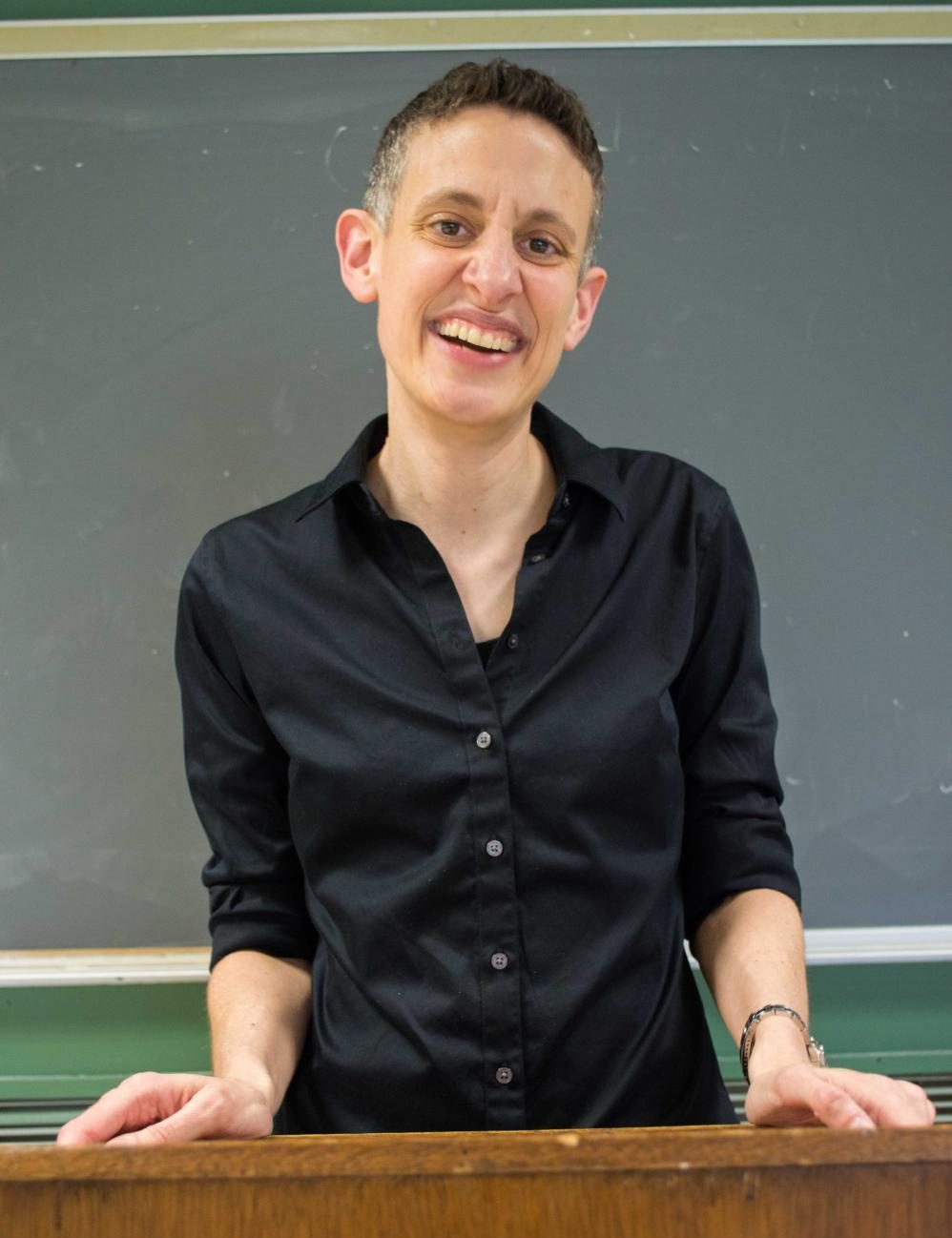Pseudo-Demosthenes’ Against Neaira ([Dem.] 59) is in many ways an ideal text for undergraduates: not only does it shed light on key aspects of Greek social and cultural life, but its prose is eminently readable for students in third- or fourth-year Greek. (In fact, I’ve taught it a number of times to undergraduates—as well as graduate students—at the University of Washington.) It is all the more surprising, then, that no undergraduate-level commentary has existed until now. Alice Patteson’s Commentary on [Demosthenes] LIX: Against Neaira (1978), a difficult-to-access dissertation, provides insights into legal and historical issues, but does not explain points of grammar. The notes of Christopher Carey’s Apollodoros Against Neaira [Demosthenes 59] (1992; now out of print) are keyed to his translation of the text, rather than to the Greek, and therefore do not offer any grammatical assistance. And Konstantinos Kapparis’ excellent Apollodoros “Against Neaira” [D. 59] (1999), while it does provide some grammatical guidance, primarily explains textual issues and historical context and is pitched at an audience of advanced graduate students and scholars. This commentary, by contrast, explicitly seeks to anticipate the types of questions undergraduates might have.
The Greek text is that of William Rennie’s 1931 Oxford Classical Text (OCT) of Demosthenes. In the notes, I indicate places where Mervin R. Dilts makes significant changes in his 2009 OCT.
I am very grateful to Profs. Bret Mulligan and Christopher Francese for helping me put together this commentary, and to Prof. Naomi Campa for giving it a test-run with her Greek students at Oberlin College. All of their suggestions and edits were invaluable.
Deborah Kamen, November 3, 2018
Photo: Deborah Kamen, by Chloe Isaacs, Oberlin College, 2018
Cover image: Gold ring with intaglio of a naked woman, Greek, ca. 400–380 BC, 2cm x 1.4 cm, ring hammered out of solid gold. Metropolitan Museum of Art, accession number 06.1124. Image source: Metropolitan Museum, in the public domain.
